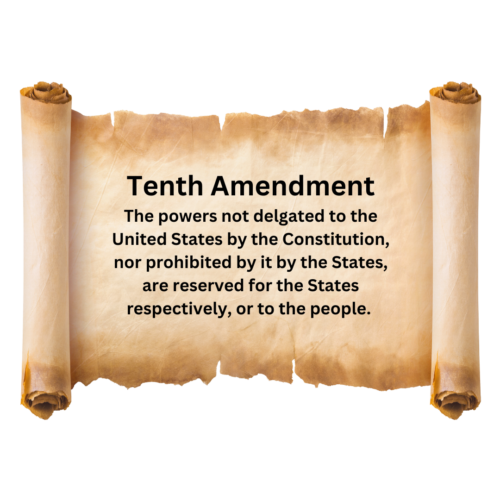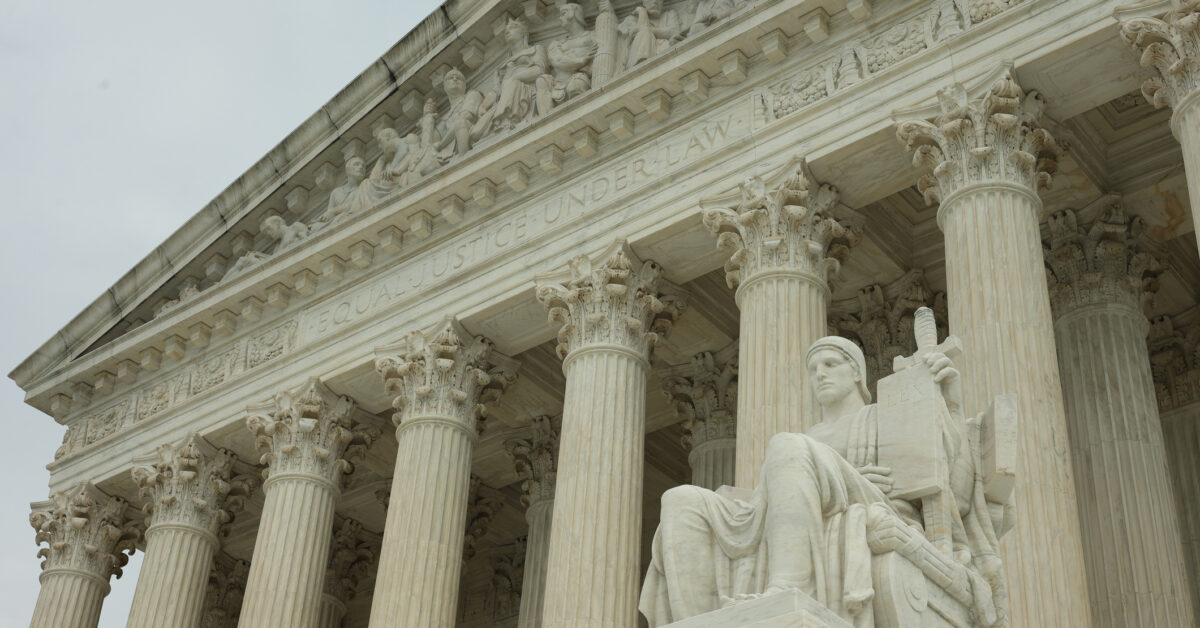An Elite Judicial Body?
- James F. Byrnes:
The last Justice appointed who did not have a law degree was James F. Byrnes, who served from 1941 to 1942. He did not graduate from high school and taught himself law, passing the bar at the age of 23. - Robert H. Jackson:
While Robert H. Jackson (1941-1954) did not attend an undergraduate college, he did study law at Albany Law School. He was awarded a “diploma of graduation” instead of a law degree because he was under 21 at the time of graduation, which was a requirement for a law degree. - Other Justices:
Of the 114 justices appointed to the Court, 49 have had law degrees, 18 attended some law school but did not receive a degree, and 47 received their legal education without any law school attendance.
But of course our Supreme Court has always been a body of excellence, such as:
- Roger B. Taney (Dred Scott):
As Chief Justice, Taney wrote the majority opinion in Dred Scott v. Sandford (1857), a decision that denied citizenship to enslaved people and declared the Missouri Compromise unconstitutional, further fueling the tensions leading to the Civil War. - Henry Billings Brown (Plessy v. Ferguson):
Brown wrote the majority opinion in Plessy v. Ferguson (1896), which upheld the constitutionality of racial segregation under the “separate but equal” doctrine, a decision that had devastating consequences for African Americans for decades. - Samuel Chase:
Chase was an Associate Justice who was impeached by the House of Representatives in 1805, but was acquitted by the Senate.
Lets focus on Robert Jackson though. He was Solicitor General of the United States, Chief Prosecutor at the Nuremburg trials, and Associate Justice of the Supreme Court. For his education, Jackson spent about one year at Albany Law School, reading the law, and passing the bar examination.
His story is an inconvenient truth in the era of big student loan debt. As debt soars, income stagnates, housing skyrockets, and 30-year old’s bunk with roommates (or parents), a generation now awakens to a looming higher education crisis. Many are losing faith, looking to alternatives, or simply opting out.
Then again, when the Supreme Court issues its opinions each June, and 5 billion social media users morph into Robert Jackson. A legal professional with very little legal education, but a big opinion about everything.
I know that government schools tell us we are each entitled to our opinion, but there is a simple reason the Supreme Court does not poll the American public before stating its opinions. That is because it is, by definition, elite. It is nine people rendering legal judgments about legal arguments, raised to them by lawyers (all of whom studied law, and passed a bar examination (lets hope)).
The Court is also not merely nine typical practitioners of an elite profession. To be on the Court you are supposed to be exceptional – or at least of the right political party with the right look for the right President at the right time. Like a Robert Jackson, for example.
The Myth
Yet, it happens every year. Social media erupts with opinion every June—opinions for, or against the Court’s decisions. When Obergefell v. Hodges recognized a constitutional right to same-sex marriage in 2015, the White House lit up with rainbow colors. Major corporations responded by altering their logos to include rainbow colors.
So, is the legitimacy of a Supreme Court decision now measured against its popularity? Must we wait for the Court to catch up to popular opinion, or must popular opinion catch up to the Court?
In 2018’s Masterpiece Cakeshop v. Colorado Civil Rights Division, Justice Kennedy wrote for the majority: “Our society has come to the recognition that gay persons and gay couples cannot be treated as social outcasts or as inferior in dignity and worth. For that reason the laws and the Constitution can, and in some instances must, protect them in the exercise of their civil rights.”
No matter how egalitarian the Court’s decision is, anyone who thinks individual rights come from nine elite lawyers is about the furthest thing from being egalitarian. That person surely recognizes that popular approval is irrelevant to some legal questions.
So which questions? Is there any limit to what the Supreme Court gets to decide?
If only, there was some written framework. Like a sacred scroll or some tealeaves we could read.
Plain English
Surely, we do not believe that non-lawyers are incapable of understanding their own civil rights. To the contrary, that is exactly the point of a Constitution, written in plain English.
The question is not whether the Supreme Court ought to conform its decisions to popular will; it is whether the Court has stepped outside its authority altogether.
We cannot expect every person to become trained lawyers, or to read every Supreme Court opinion before opening a bakery, falling in love, or getting pregnant. Yet in 2018, the Court spilled gallons of ink telling more than a quarter-billion people about the existential meaning of cake.
Yes the definition of Cake.
Not a Legislative Body
Some might suggest the Supreme Court has been stretching the limits of its authority since Marbury v Madison, when the Court ruled that it possess the unique authority to review the constitutionality of executive and legislative acts.
Although 1965’s Griswold v Connecticut stands out as a major turning point, after which the Court’s reasoning would be bent toward socially desirable outcomes. In Griswold, the Court struck down a Connecticut law banning the sale of birth control, holding that this infringed on the marital right to privacy.
Where was this marital right to privacy found?
In “penumbras, formed by emanations” of course.
As Justice Black wrote in Griswold’s dissent, “ I like my privacy as well as the next one, but I am nevertheless compelled to admit that government has a right to invade it unless prohibited by some specific constitutional provision.”
Credibility Problems and Resistance
A justice’s retirement would matter very little if the Court had not arrogated to itself the power to review the Constitution, along with the power to invent new rights. Nobody would care about a so-called swing-vote if the decisions did not intrude on the most intimate, and most debated social questions. We would not sit with baited breath every June, waiting to see what goodies the Court is going to give (or taketh-away).
Ironically, by augmenting its powers, the Court devalued its credibility as an elite institution. Many view its decisions for what they often are: ideologically driven legislation. When a narrow majority uses restraint, the majority is criticized for not forcing a socially desired policy. Those who agree with the decision unquestioningly act is if the Court as upholding the will of the people.
Maybe it is the will of the people. But how long before “the people” ask: “Why can’t they just follow the constitution?”
The purpose of the Court is to apply the Constitution as written, protect the God given rights as given, and ensure equal application of those rights under the law – from a national perspective. If it is not a right under the Constitution, it should not be a federal law, thus it should not be a United States Issue, but a state issue. That is what the Constitution says after all:

Give Winslow Law a call if you need with your Civil Rights. 843-357-9301






